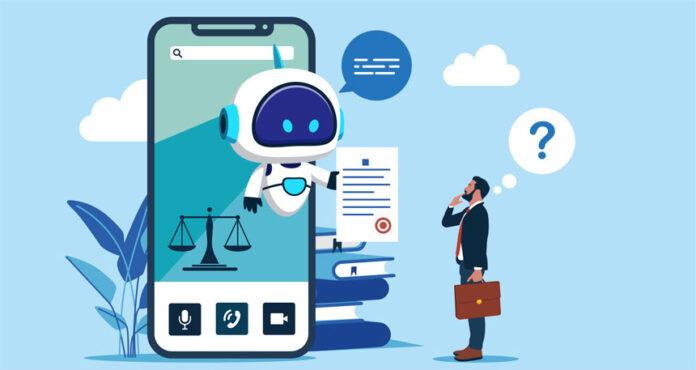IBL News | New York
Generative AI technology is currently shaking up at least three industries: legal services, filmmaking, and coding. The Financial Times wrote a report analyzing the impact of AI tools.
In legal services, firms are regularly using AI technology, still in the early days – with Harvey as the main provider. They consider it a productivity gain and a time-saving tool, especially for tasks assigned to junior staff.
Rather than replacing jobs, experts say AI could intensify work.
In the filmmaking industry, the impact of AI can be seen in the reduction of work for screenwriters, adoption of AI dubbing technology in foreign-language films, and “digital doubles” for actors.
Therefore, screenwriters fear that book adaptations or first drafts can be written by AI, while actors worry about losing control of their images, and voice dubbers are concerned that new AI technologies matching mouth movements to different languages will eliminate their jobs.
For example, two start-ups, Flawless and Papercup, have developed tools that use AI to automate the translation and dubbing process.
In the software industry, generative AI can suggest lines of code that programmers can run and test. It can also analyze existing code and search for vulnerabilities. The consensus is that AI can boost productivity but struggles with complex software.
Experts note that AI does get stuff wrong too, as it might invent a function that doesn’t exist, but it all looks perfectly plausible. This echoes the need for developers to review responses.
In other words, AI can boost developers’ productivity, but it is not efficient yet.
.

 En Español
En Español




















